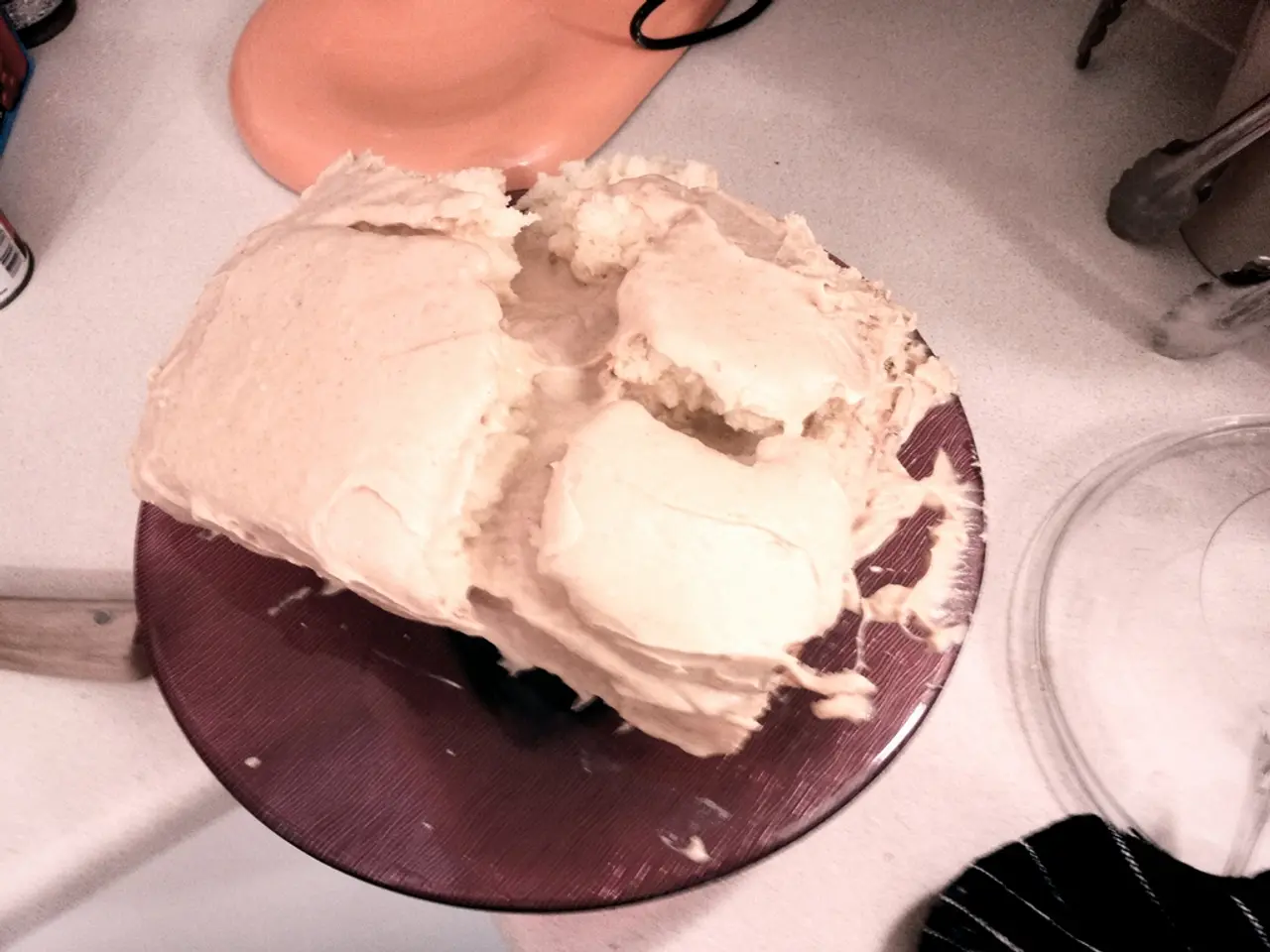Dermatitis herpetiformis and eczema: An exploration of comparisons and contrasts
Dermatitis herpetiformis (DH) and eczema are two common inflammatory skin conditions that, while sharing some superficial similarities, have distinct causes, symptoms, and treatments.
Causes
Dermatitis herpetiformis is an autoimmune reaction associated with gluten sensitivity and celiac disease. This condition results from IgA antibody deposits in the skin triggered by gluten ingestion. On the other hand, eczema, also known as atopic dermatitis, has multifactorial causes including genetics, environmental triggers, skin barrier dysfunction, and immune system overreaction to allergens.
Symptoms
Dermatitis herpetiformis is characterized by a chronic, recurrent, intensely itchy rash with tiny blisters and bumps, symmetrically distributed on elbows, knees, buttocks, and back. Eczema presents with inflamed, rough, cracked, and itchy skin. Blisters and oozing may also occur, and a subtype called papular eczema includes small itchy bumps mainly on arms, legs, neck, torso, or buttocks.
Treatment Options
| Condition | Treatment Approach | Specific Treatments | |------------------------|---------------------------------------------------|-------------------------------------------------------------| | Dermatitis herpetiformis| Lifelong gluten-free diet to prevent flare-ups plus medications to reduce symptoms | Dapsone or sulfasalazine during initial phases to control rash[1][5] | | Eczema | Avoidance of triggers, maintaining skin hydration, controlling inflammation | Topical corticosteroids, calcineurin inhibitors, moisturizers, lifestyle modifications to avoid triggers; some cases may require systemic immunosuppressants or biologics[2][3][4] |
For eczema, a gentle daily skincare routine with fragrance-free moisturizers and avoiding scratching is important. Dermatitis herpetiformis needs lifelong dietary management; dapsone provides symptom relief but does not cure the underlying gluten sensitivity. Both conditions can significantly affect quality of life if untreated and may require medical supervision for severe or persistent symptoms.
Additional Management Notes
- Strict adherence to a gluten-free diet may eventually lead to no symptoms of dermatitis herpetiformis, but symptoms may persist for some years.
- Topical anti-inflammatory drugs can help reduce the severity of eczema flare-ups.
- Eczema is an incurable condition, but symptoms can be managed.
- Identifying and avoiding eczema triggers can reduce the likelihood of flare-ups.
- A fragrance-free moisturizer is recommended for daily hydration of the skin with eczema.
- Dermatitis herpetiformis and eczema can look similar, but dermatitis herpetiformis is a result of gluten hypersensitivity, while eczema is not a symptom of celiac disease.
- It may take several months for dermatitis herpetiformis to clear up with a gluten-free diet, but in some cases, the condition can last for a few years.
Anyone with symptoms of dermatitis herpetiformis or eczema should seek a doctor's advice for an accurate diagnosis and treatment plan.
- Dermatitis herpetiformis is an autoimmune reaction linked to gluten sensitivity and celiac disease, which produces IgA antibody deposits in the skin after gluten intake.
- Eczema, also known as atopic dermatitis, has a variety of causes including genetics, environmental triggers, skin barrier dysfunction, and immune system overreaction to allergens.
- In the treatment of dermatitis herpetiformis, a lifelong gluten-free diet, along with medications to manage symptoms, is essential for controlling the condition.
- Eczema management typically involves avoiding triggers, maintaining skin hydration, and using topical corticosteroids, calcineurin inhibitors, moisturizers, and lifestyle modifications to control triggers.
- Healthcare professionals may recommend a gentle daily skincare routine with fragrance-free moisturizers for individuals with eczema to help manage symptoms.
- It is crucial to identify and avoid triggers for eczema and understand that while dermatitis herpetiformis and eczema can have similar appearances, dermatitis herpetiformis is related to gluten hypersensitivity, whereas eczema is not a symptom of celiac disease.




